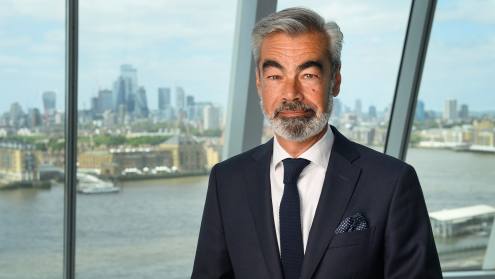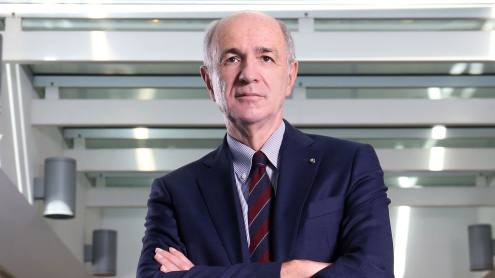When Chartered Bank issued its initial public offering prospectus to investors in 1852, its proposition was simple: the export of British manufactured goods to India and China had quadrupled over the previous 18 years and there was a great deal of money to be made in financing lucrative trade flows. Of the Indian banks quoted in London, Oriental Bank's value had risen by 75%, Agra and US bank by 39% and Commercial Bank of Bombay by 25%. The rapid increase in the value of those banks was, the prospectus claimed, "the best proof of the profitable description of the business".
The direction of trade flows may have been largely reversed, but the bank's modus operandi remains the same. Today, as Standard Chartered (following its merger with South Africa's Standard bank in 1969), more than 90% of its profits are still earned in the emerging markets. By sticking to what it sees as its core business - providing key banking services to clients in those emerging markets - it has performed well through the crisis, with income up by 26% and profits up by 13% in 2008. "[Our] proposition - that the best growth is to be found in the emerging markets - has not changed," says Mike Rees, chief executive, wholesale, at Standard Chartered.







